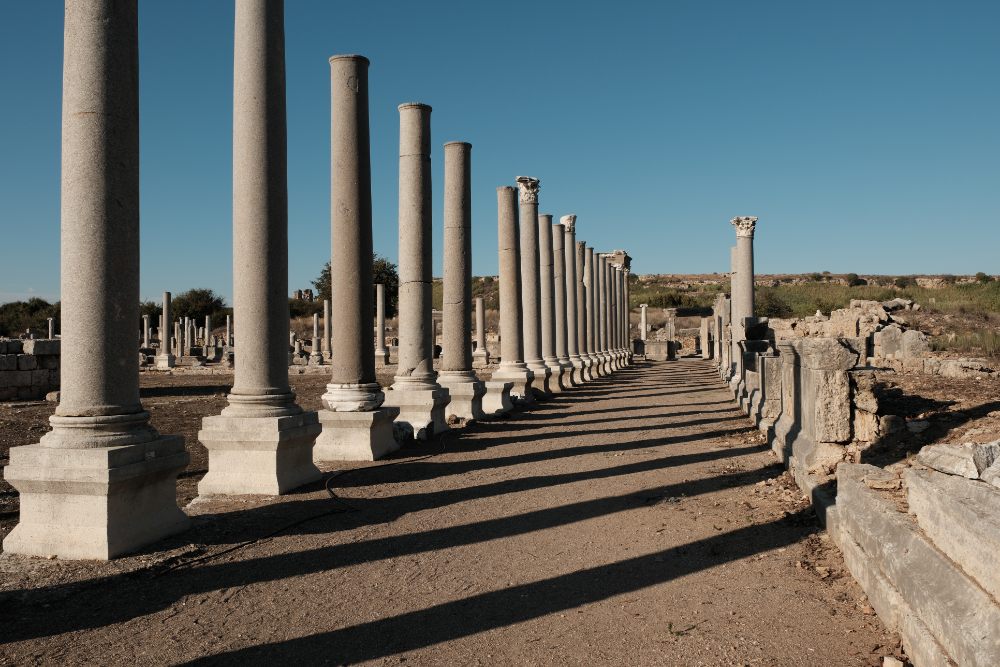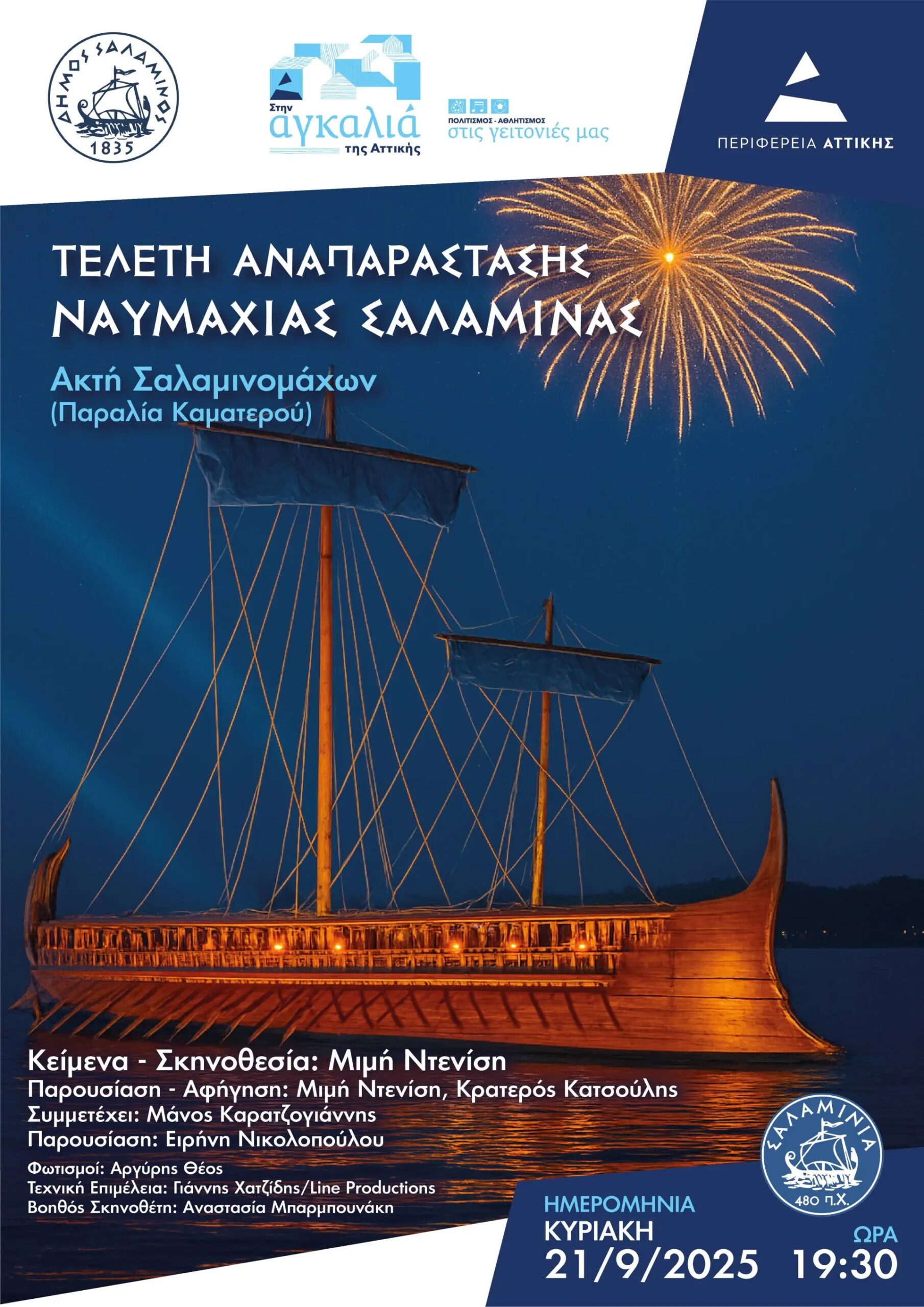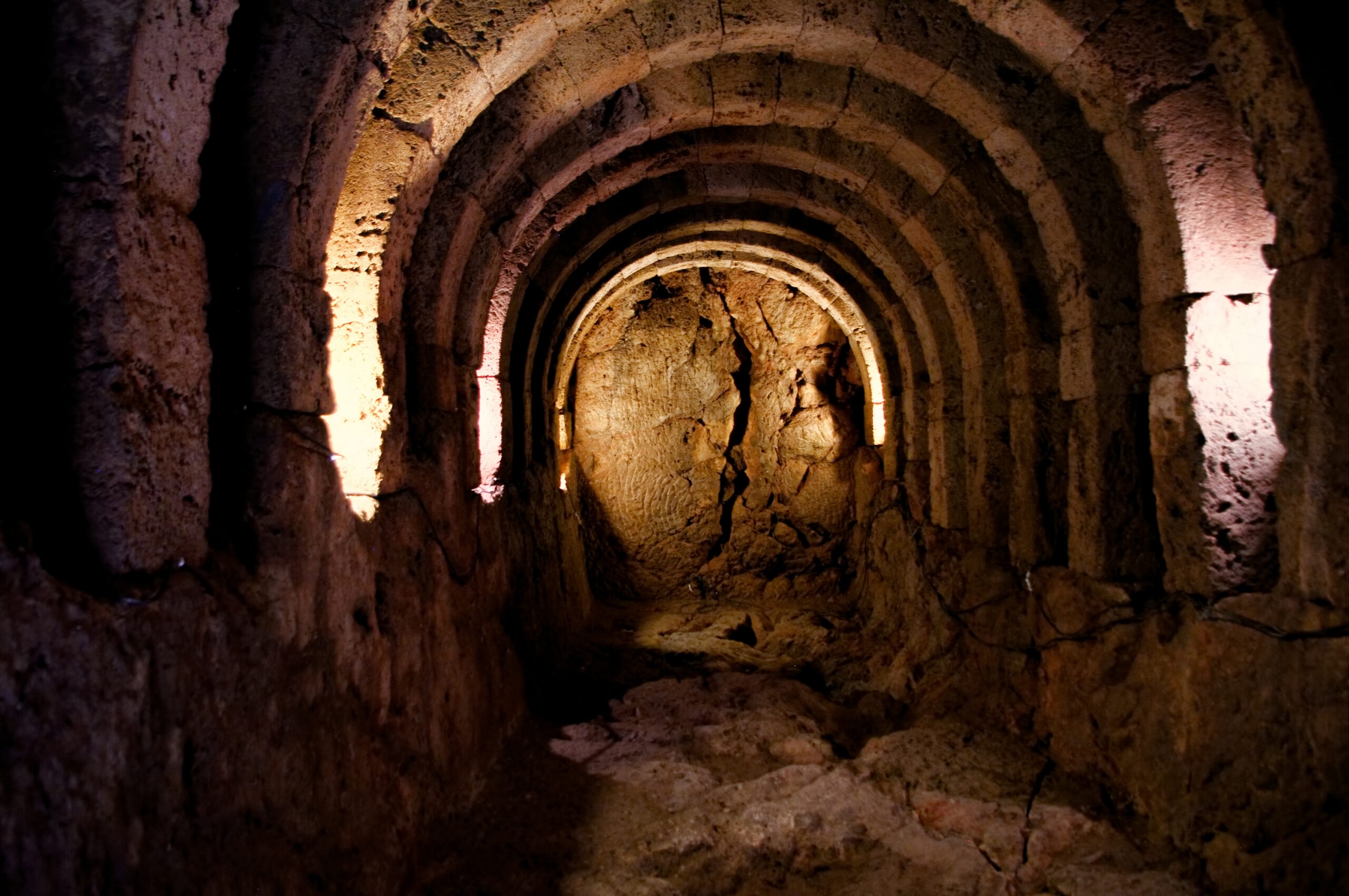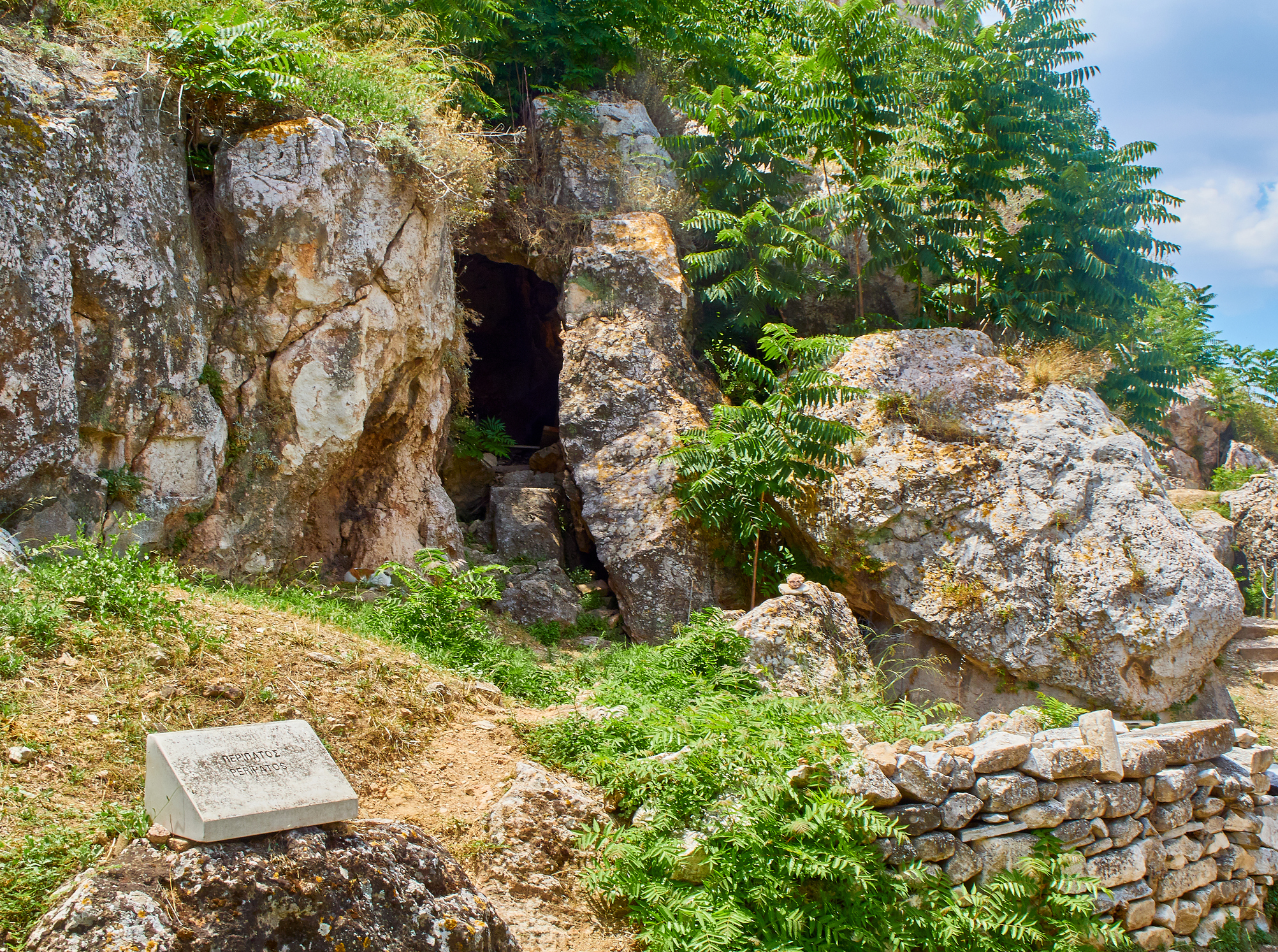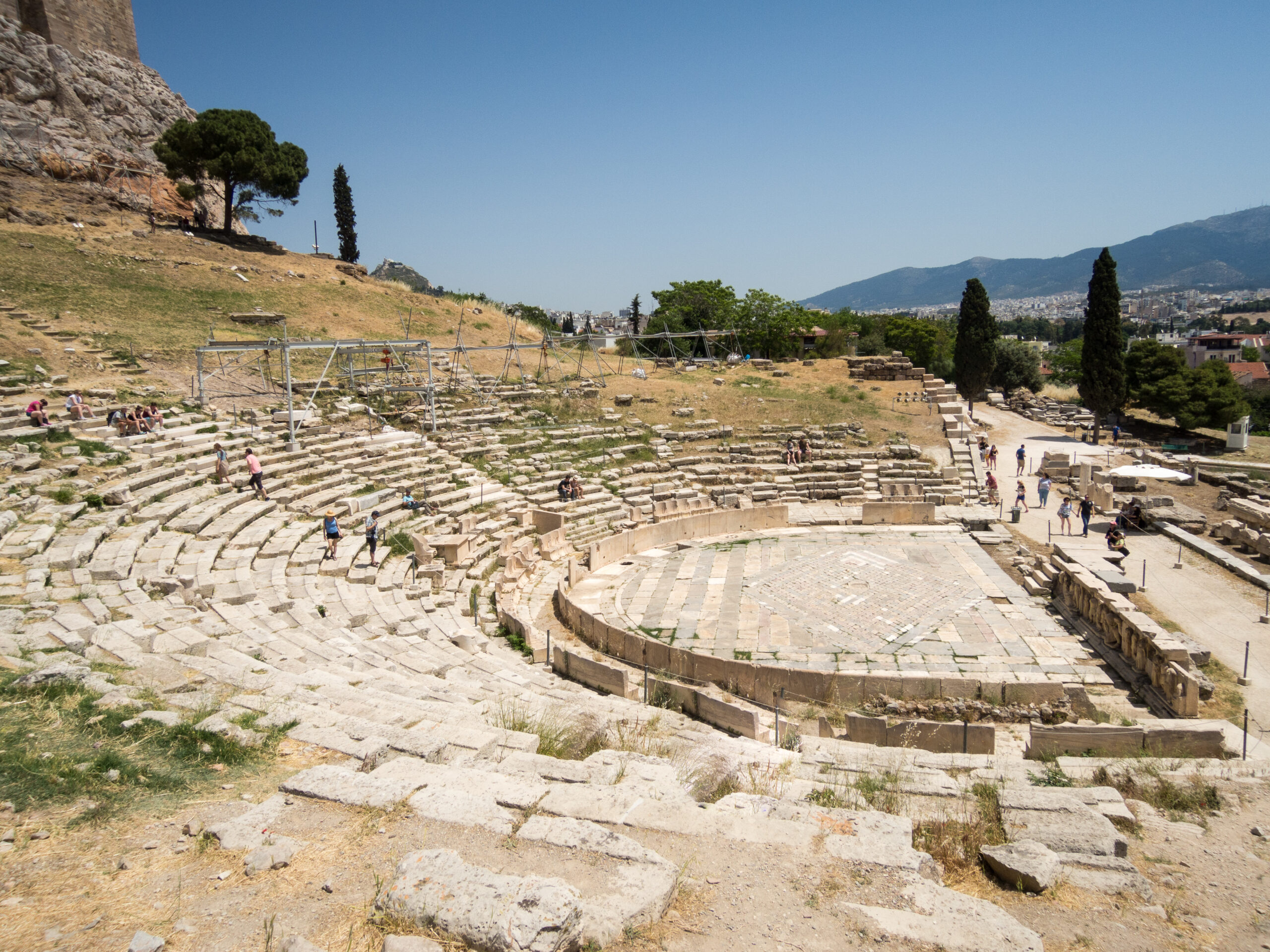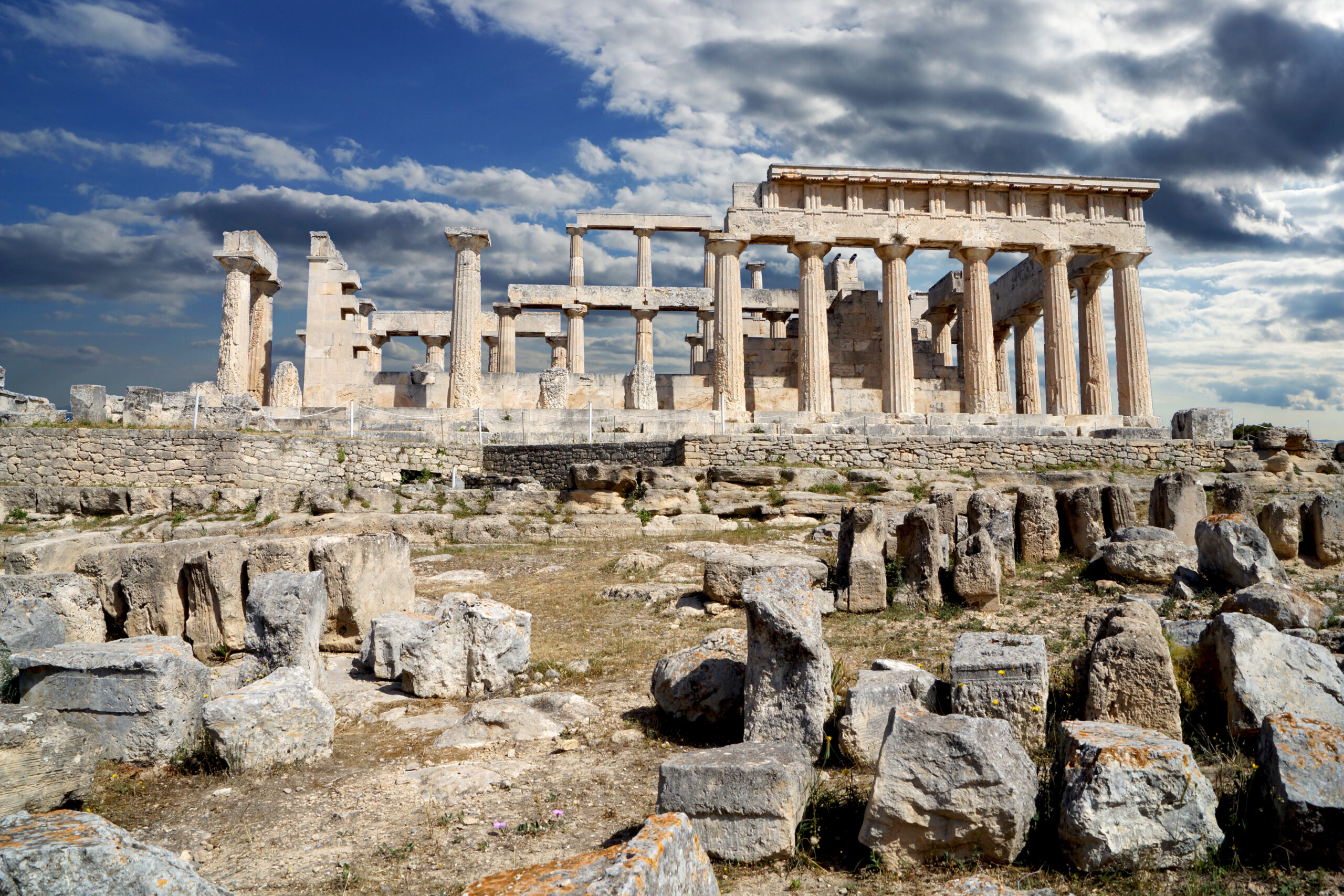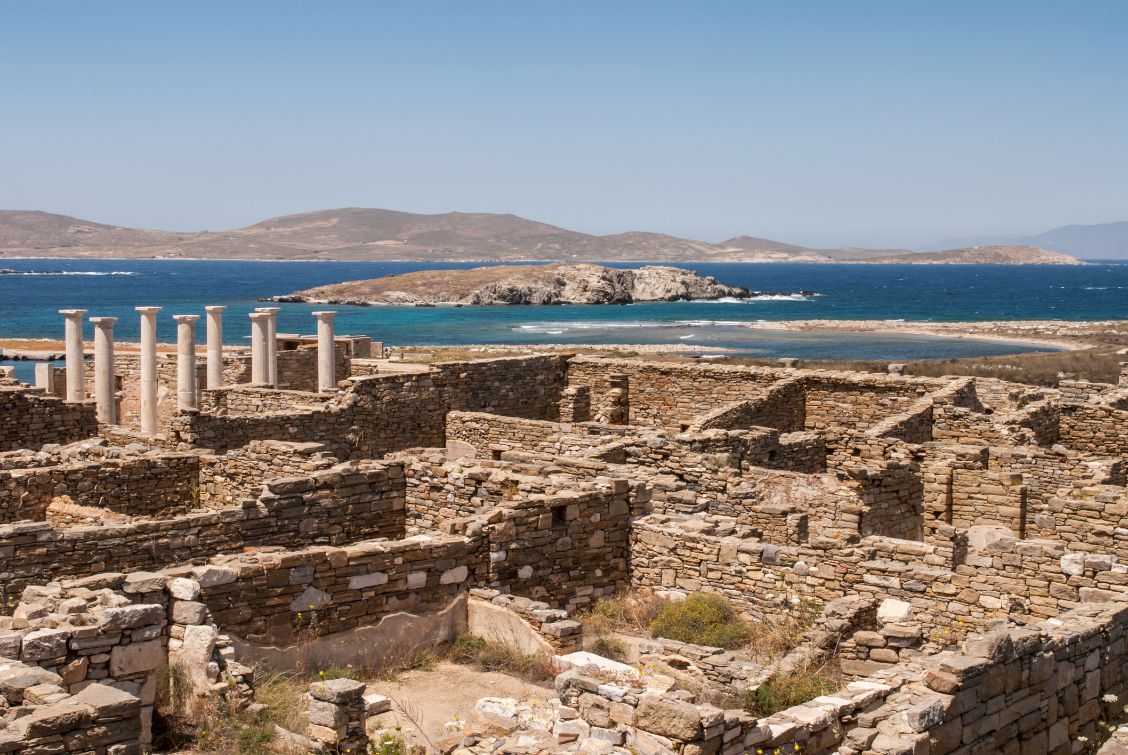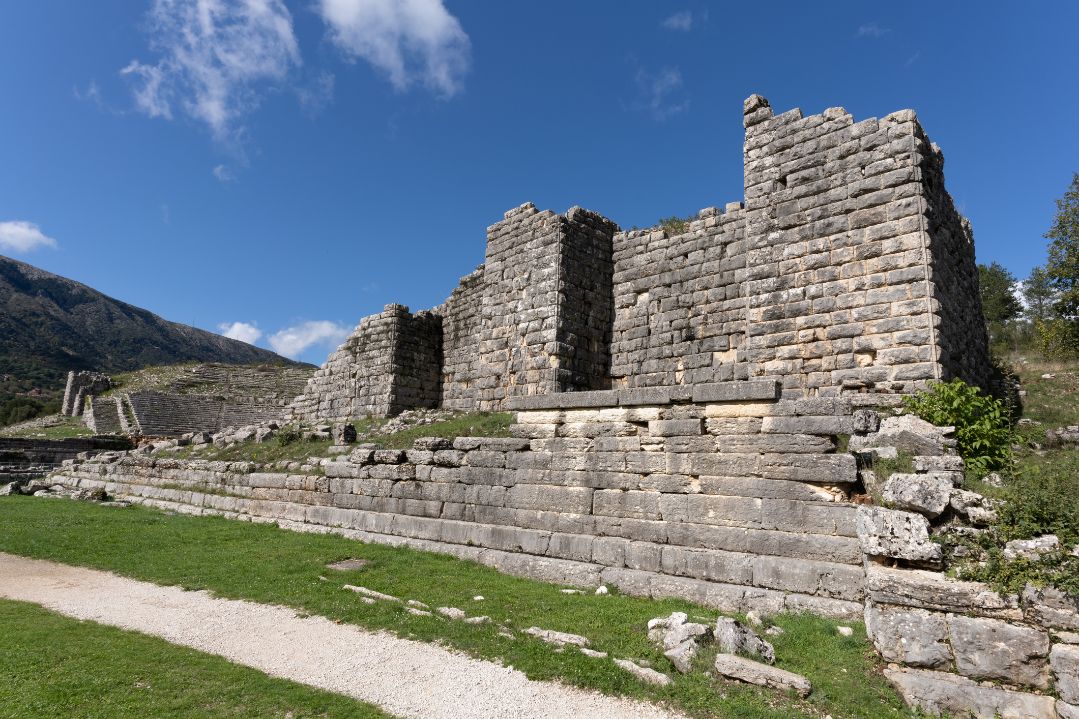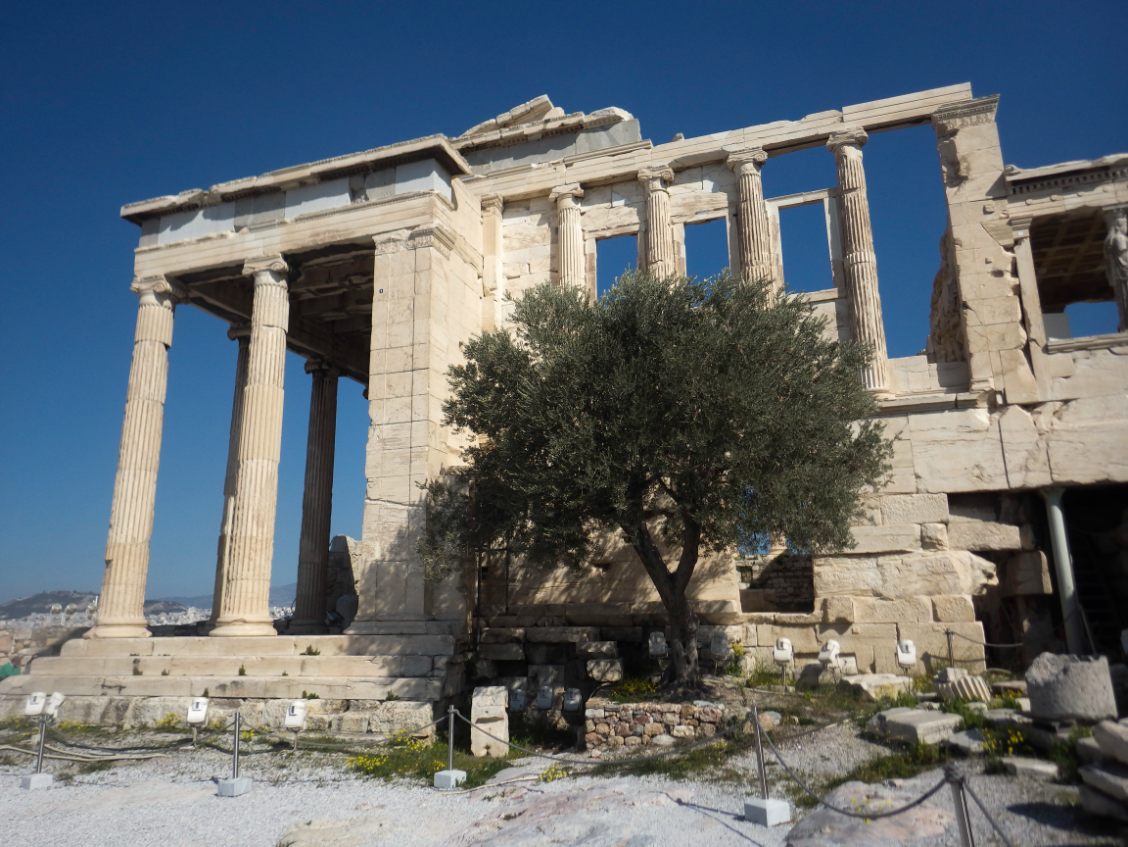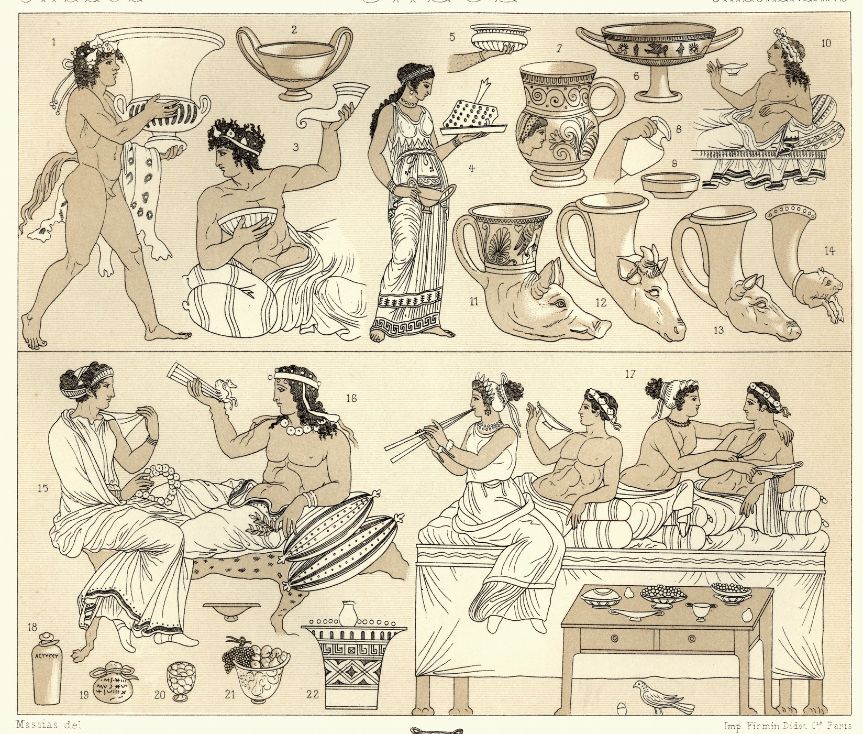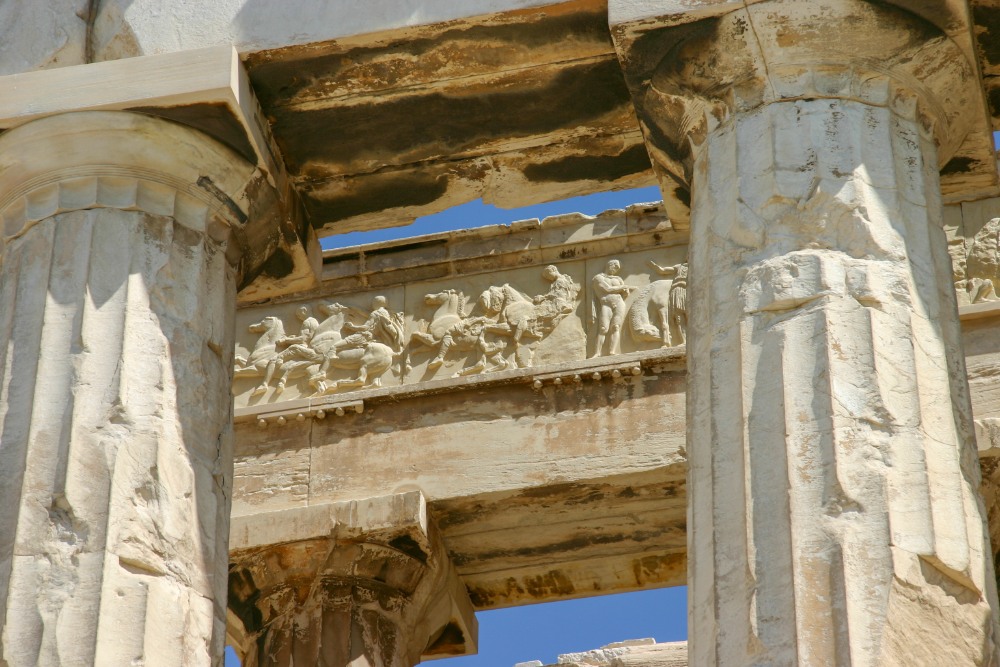Center of Democracy in Classical Athens
The Ancient Agora of Classical Athens served as the heart of Athenian public life, representing a vibrant hub of social, political, and economic activity. Nestled at the foot of the Acropolis, it was more than just a marketplace; it was a central space where citizens engaged in civic discourse, trade, and cultural exchange. During the 5th century BC, the Agora was transformed into a significant political center, becoming the venue for public assemblies, the deliberation of important issues, and the formation of democratic governance. The Agora hosted monumental structures, such as the Stoa of Attalos, which provided covered walkways for gatherings, and the Bouleuterion, where the council of 500 met to discuss legislative matters.
The space was also adorned with temples dedicated to various deities, including the Temple of Hephaestus, which showcased the architectural excellence of the time. Philosophers, notably Socrates, often frequented the Agora, engaging citizens in dialogue and shaping intellectual thought. In addition to political and philosophical activities, the Agora was a bustling marketplace. Merchants sold goods ranging from pottery and textiles to fresh produce, contributing to the economy and daily life of Athenians. Festivals and public events were commonly held here, reinforcing its role as a communal space.
The Ancient Agora ultimately symbolized the essence of Athenian democracy, reflecting the values of civic engagement and community involvement. Its legacy continues to resonate as a testament to the cultural and historical significance of Athens in the shaping of Western civilization.

